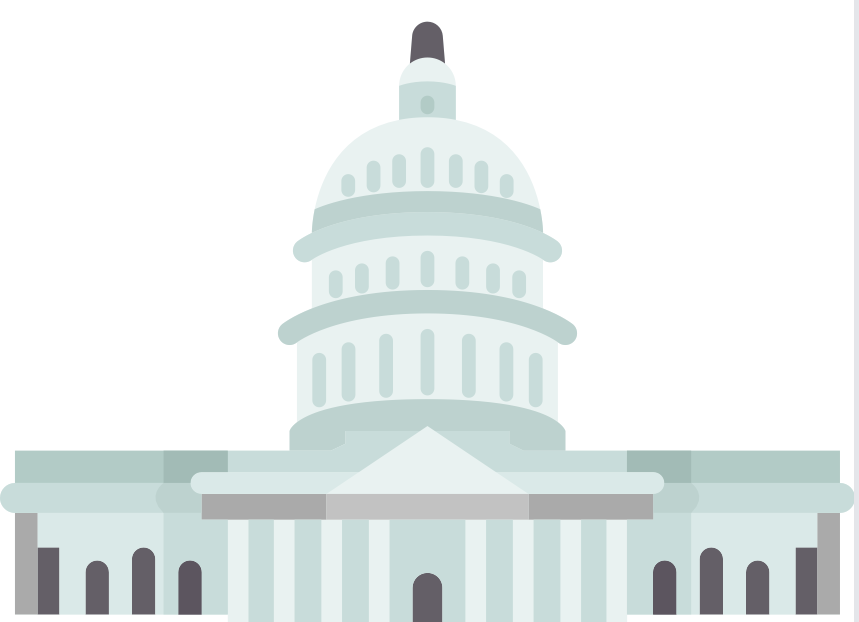Congress narrowly avoided a government shutdown Oct. 1. However, the chance of one happening before the end of the year is still a possibility.
The U.S. government needs to pass a series of appropriation bills every year in order to fund various government operations. These bills allocate funding to government programs every year, including institutions like agriculture, defense and financial services, every year.
The fiscal year, a 12-month period the government uses for budgeting purposes, starts Oct. 1 and ends Sept. 30 of the following year. If Congress does not agree on these appropriation bills by Sept. 30, the government ends up shutting down.
“What has happened, particularly over the last 20 years, is it’s become harder and more difficult for Congress to pass those appropriation bills on time,” political science professor Michael Ensley said.
The government can take another path to avoid a shutdown: continuing resolutions or CRs. These are temporary spending bills that fund government operations until a specific date. Usually, these bills follow the same plan that was agreed upon the previous year.
“Those CRs are really just temporary stopgap measures that say this could go on for a couple weeks or could go on until the end of the fiscal year,” Ensley said. “They basically say, ‘Well, we haven’t agreed on what to do in terms of passing appropriations bills, so what we’ll do is we’ll basically follow what we did the year before.’”
Congress passed a continuing resolution to avoid the shutdown this year. This CR will last for 45 days and will continue spending at the same level as last year.
A government shutdown would affect institutions that rely on federal spending to run, including things like air travel, national security, food assistance and student loans. Federal employees working for these institutions would not receive pay during a shutdown, as well as military service members.
“Generally speaking, after a government shutdown, workers who are formally employed by the government tend to get their wages made up to them,” economics professor Kathryn Wilson said. “But there’s a lot of people who are contract workers for the government, and they would just be out those wages.”
College students could be affected directly if they receive federal financial aid. Applications for FAFSA may not be processed, and things like Federal Pell Grants may not be distributed during a shutdown, as offices in those departments would be closed.
Wilson said a government shutdown could cause some ripple effects throughout the U.S. economy.
“Imagine that you’re a restaurant in a community that has an army base,” she said. “If those soldiers are not being paid, they’re likely not going to be going out to eat, that’s going to affect your business, and that’s going to affect your ability to pay your workers.”
However, Ensley said not everything the government spends money on would be affected by a shutdown. Social security, medicare and medicaid are entitlement programs, which are programs deemed essential and written into law as things the government needs to spend money on and are not affected by appropriation bills.
Government shutdowns have been becoming increasingly more frequent in the past couple decades. The last shutdown occurred from December 2018 to January 2019 and lasted 35 days.
Ensley said this increase is due to political parties becoming increasingly polarized, heightening disagreements between democrats and republicans.
“Parties have become more ideologically polarized, so it’s become harder for them to agree with each other on those policy issues,” Ensley said. “Certainly a lot of all the tension is over their political disagreements.”
If Congress does not agree on appropriation bills or pass another continuing resolution by Nov. 17, the government will end up shutting down.
Addison Foreman is a reporter. Contact her at [email protected].























